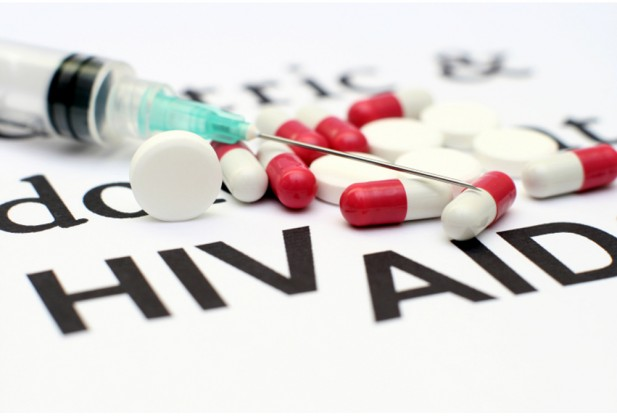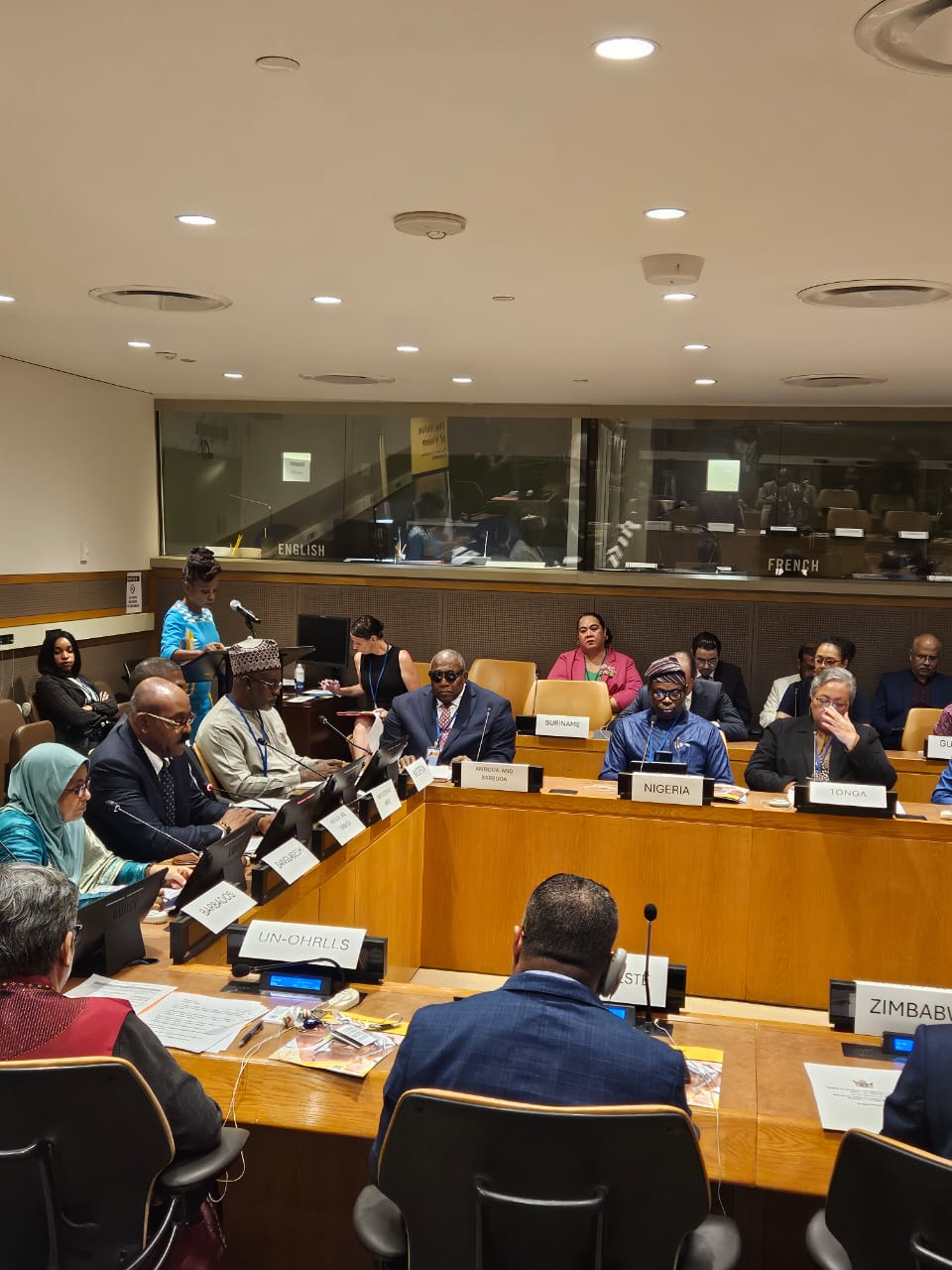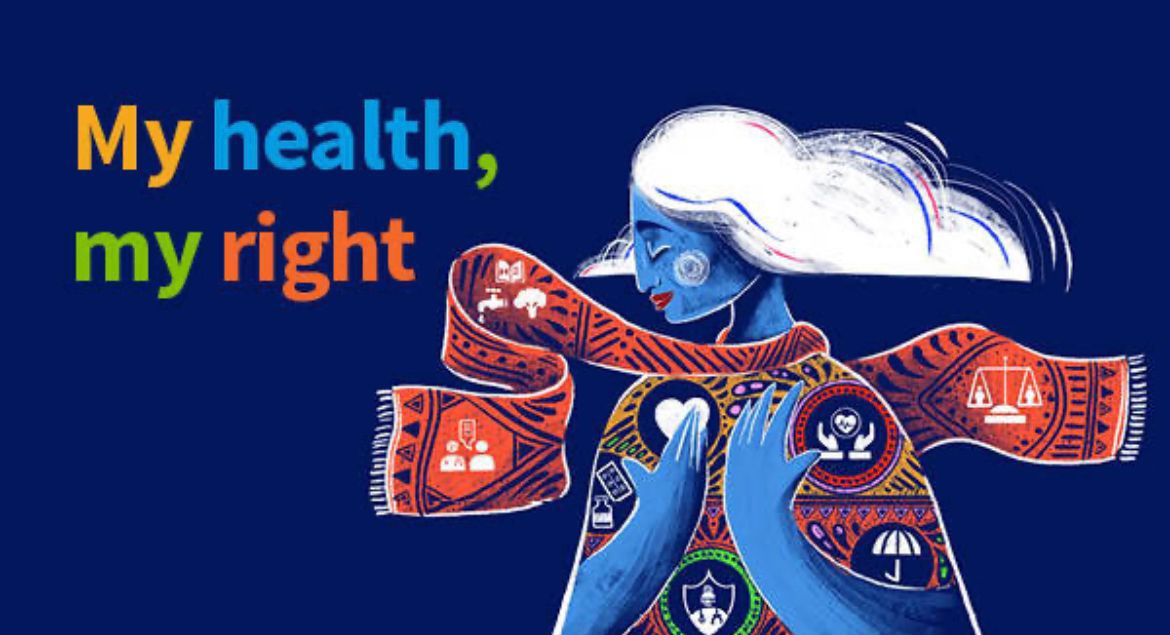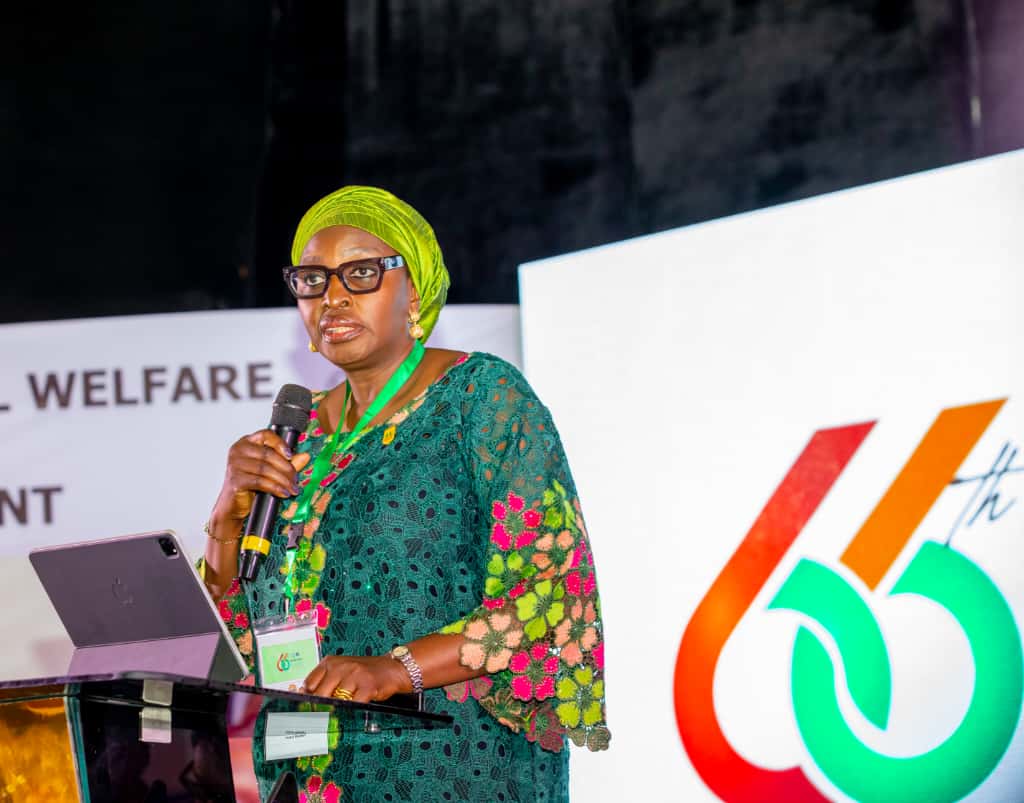FG Launch’s Maternal Multiple Micronutrient Supplementation for Pregnant Women in Nigeria to Stop Stillbirth
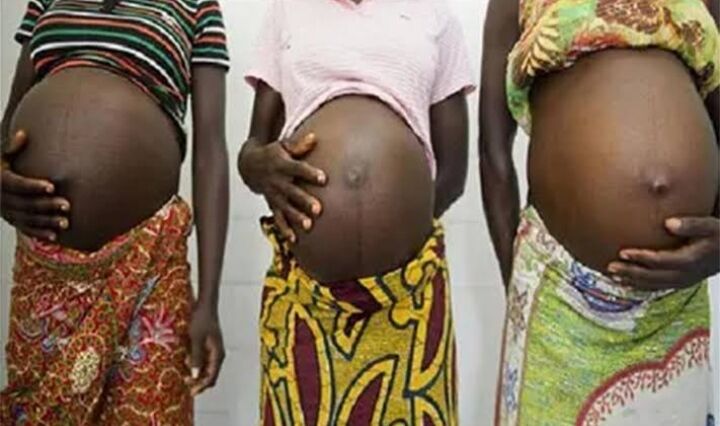
By Fatima Saka
In order to avert the risk of poor pregnancy and stillbirth, the federal government has commenced the transition to use of Maternal Multiple Micronutrient Supplementation for Pregnant Women in Nigeria to address anemia during pregnancy and to prevent death during childbirth.
Multiple Micronutrient Supplement contains 15 nutrients (Vitamin A, Folic Acid, Vitamin D, Vitamin B12, Vitamin E, Copper, Vitamin C, lodine, Thiamine, Iron, Riboflavin, Selenium, Niacin, Zinc and Vitamin B6).
During the ministerial press briefing at the launched of Maternal Multiple Micronutrient Supplementation, the Coordinating Health and Social Welfare Minister Prof. Muhammad Ali Pate on Monday in Abuja, said that the aim of the briefing is to ensure visibility and create awareness on the use of Multiple Micronutrient Supplement (MMS) in Nigeria.

He added that for the MMS to be effective, pregnant women must consume the right dose at the right time with the right frequency “adherence. referred to as.” And further announced that the first MMS Project will kick off in Bauchi State.
Emphasizing on the recent Demographic Health Survey (NDHS), of Nigerian, the minister who was represented by the Permanent Secretary of FMOHSW, Mrs. Daju Kachollom said that over 61% of all pregnant women were anaemic in 2018.

The minister further stressed that maternal anemia puts the mother at increased risk of death and increases the risk of poor pregnancy and birth outcomes. “The World Health Organization approved Multiple Micronutrient Supplements (MMS) and recommended its use, as a safe and cost- effective way to meet micronutrient requirements of pregnancy.”
“In 2021, the Nigerian Federal Ministry of Health (FMOH) approved the use of MMS during pregnancy through its updated National Guidelines for the Prevention and Control of Micronutrient Deficiencies in Nigeria (MNDC Guideline).
“Ladies and Gentlemen the benefits of MMS over IFAS when compared includes among others: reduces the number of infants born with low birth weight by 12-14%, reduces preterm birth by 6-8%, reduce the number of stillbirths by 8%, reduces the number of small for gestational age newborn infants by 2 -9%. So, MMS gives a better Pregnancy outcome.
“Let me also remind you that we are not phasing out IFAS, health facilities with access to IFAS will continue to use them.
“MMS only provides additional benefits in preventing anemia and reducing adverse pregnancy outcomes. MMS is a safe, cost-effective intervention that holds significant potential to improve women’s nutrition and wellbeing, as well as their offspring.”
Prof Pate further extended his sincere appreciation to BMGF, Nutrition International and other Donors and development partners, Health Agencies at the Federal and State levels, and individuals especially those supporting improved maternal health, nutrition and pregnancy outcomes. “Maternal malnutrition is not only a public health issue but also an issue of inequity and development. By prioritizing the implementation of MMS programs, we can make sure that mothers receive the essential nutrients they need for a healthy pregnancy.”
He further reassured FMOHSW commitment and mission, “To develop and implement policies that strengthen the National Health System for effective, efficient, accessible and affordable health care Services in partnership with all other development partners and NGOs.”
Also, Bako Ayebusi, Director, Head of Nutrition, FMOHSW reiterated on the inclusion of Multiple Micronutrient Supplements (MMS) for pregnant women that in the “National Guidelines for the Prevention and Control of Micronutrients Deficiencies Control in Nigeria” for improved pregnancy outcomes compared to Iron Folic Acid (IFAs) supplementation.

Giving a description of the dosage of the supplement, Ayebusi who represented the permanent secretary, said that the MMS usage is a once-a-day pill for effective micronutrients.
She added that typically it contains 13-15 vitamins and minerals (nutrients) as outlined by the United Nations International Multiple Micronutrient Antenatal Preparation (UNIMMAP) formula which are required during pregnancy.
“The clear evidence from clinical trials over the last two decades have consistently shown that Multiple Micronutrient Supplements (MMS) offers additional benefits over Iron and Folic acid supplements (IFAS) in reducing adverse pregnancy outcomes that negatively impact the 1st 1000 days of life and beyond.
“Ladies and Gentlemen, it may interest you to know that Nigeria is not phasing out IFAs completely, rather transiting from Iron and Folic acid supplements (IFAs) to Multiple Micronutrient Supplement (MMS). States that have IFAs will continue to use them. The result of the pilot study going on in Bauchi State will assist the government to make a positive decision on scaling-up Multiple Micronutrient Supplement (MMS) implementation across the country.
The permanent secretary, added that this project is titled “Optimizing Adherence to Maternal Multiple Micronutrient Supplementation (MMS) in Nigeria” will explore the operational realities of transitioning from IFAs supplements to MMS in Nigeria based on criteria of acceptability, feasibility, sustainability, and cost effectiveness.”
Furthermore, Mrs. Kachollom expressed profound gratitude to the Federal Government of Nigeria to Bill and Melinda Gates Foundation, Nutrition International, and other Development Partners. Non-governmental Agencies for collaborating with FMoH&SW in the use of Multiple Micronutrient Supplements (MMS) improving maternal nutrition in the country.
And commended the Government of Bauchi State for creating an enabling environment for the study.
Also, Dr Osita Okunkwo, Country representative of Nutrition International commended the government of Nigeria for the milestone, added that NIF is one of the key partners in federal ministry of health, nutrition departments.

Speaking on the impacts of MMS on body weight of pregnant women, during the questions and answer session with the newsmen, Mr Okunkwo said MMS does not have any impact, instead MMS helps the child to come out normal, in normal ways and appropriate for the newborn.
“And we are happy that Nigeria accepted and adopted the research and we are working closely together to ensure that it is effectively implemented and the outcome of this chart will inform how the government transitions.”
Dr. Anyanwu Goodness Chidi, Program Manager, Civil Society- Scaling up Nutrition in Nigeria, said the organization has been able to use its network to integrate the agenda of MMS into all advocacy activities to ensure that this project not a failure.
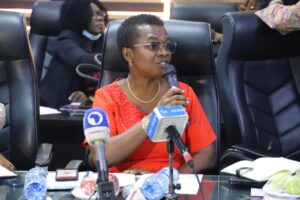
She added MMS is a more comprehensive supplement that can actually improve the health outcomes of pregnant mothers. “And currently we are leveraging on the project that we are doing through PNGs support.
“We have two policy’s dialogues across the state, also sensitize governments from different states on the needs to ensure that this project does not fail.”
The organization also pledged to the ministry that anytime they are called upon to do their bids in ensuring that this transition is smooth, especially to state government adoptions.

